
When bold climate goals meet harsh realities
Air travel is integrated into most NZ business models. But though we need to fly less, we also need to get our products to market and connect with other humans.
Bringing together our director community and leaders in climate governance, join us to explore the pivotal role of boards in navigating climate challenges.
Looking at the unique perspective of the board's role in governing climate change, you'll hear from experts on topics including scenarios, transition planning, climate reporting, regulation, stakeholder expectations, trade restrictions – and more.
The IoD & Chapter Zero NZ Climate Governance Forum is a must attend event for staying up to date in this rapidly evolving field and for supporting your organisation to respond to climate strategy and create enduring value.
If you can't join us in-person, register to attend online here.

Air travel is integrated into most NZ business models. But though we need to fly less, we also need to get our products to market and connect with other humans.

“Where do we start?”, is one of the most common questions directors ask when considering climate change. Begin your climate governance journey with actionable insights from directors' experiences and innovative strategies.
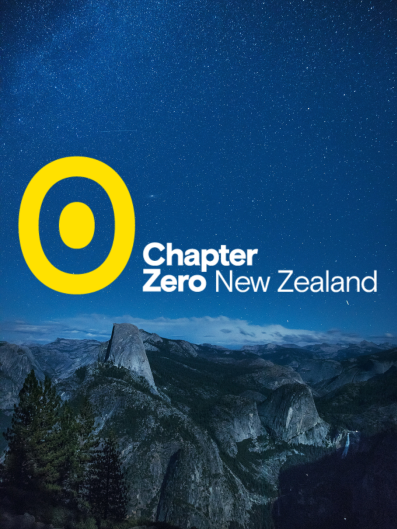
Chapter Zero New Zealand is the home of climate change governance at the Institute of Directors and is the New Zealand Chapter of the Climate Governance Initiative (CGI).
It's free to become a Chapter Zero Supporter, and you'll receive a bi-monthly newsletter with access to events, news, toolkits and resources to increase your climate change governance skills and knowledge.

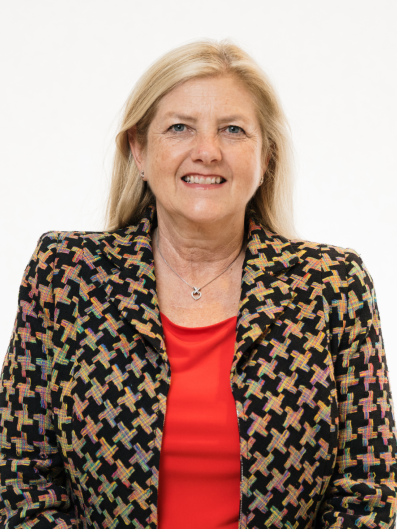


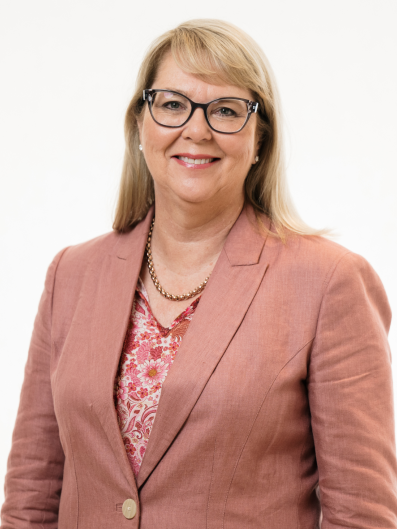

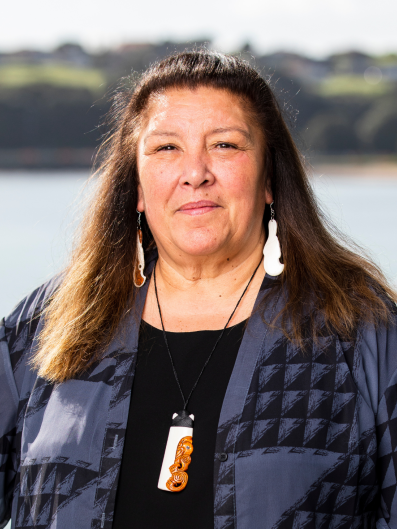



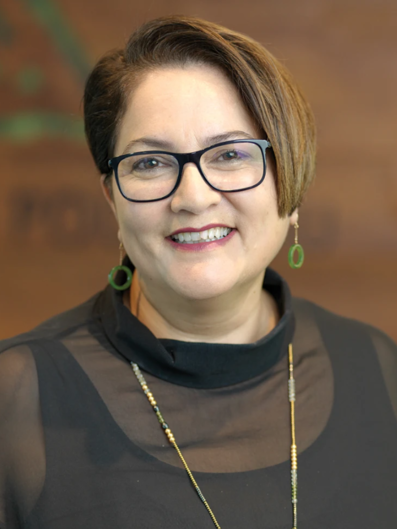

Grand Millenium, Auckland and online
Karakia timatanga
Welcome, introductions and housekeeping
Boards are expected to lead on reducing the impacts of climate change and in adapting organisations to a future low-emissions climate-resilient economy.
This expectation is shared across a range of stakeholders from shareholders to employees, regulators to governments, investors to customers, and is contained in the fiduciary duty that directors (in most countries of the world) have to their companies in law.
In this session, we'll hear from Lisa and consider whether climate change, just transitions and the long-term sustainability of businesses can co-exist and create value for shareholders, the environment and future generations.
Boards play a critical role in responding to climate- and nature-related issues, to ensure the long-term sustainability and viability of their organisations. Climate change is no longer just an environmental concern but brings with it a step-change in business risk.
Nicola Swan will share the legal opinions and reports on climate and nature, with particular regard to directors’ duties of due care and diligence when making decisions. Their legal opinions, and those internationally, have confirmed that climate change and nature, present foreseeable risks of financial harm to businesses.
Climate risk management is not a discrete issue, rather it’s a core element of business strategy and operations. But traditional risk assessment methods are unlikely to capture the degree of future change that climate change presents. And you might overlook the oppportunites.
Join Alec Tang in this session that will cover opportunity identification and climate scenarios, to help your board understand what they need to consider when updating or developing more resilient business models and strategies. All of which may uncover potential cost savings, efficiencies and even new markets.
In this session, we’ll be joined by Catherine McMillan CMInstD, discussing a case study designed to highlight all of the different and challenging issues directors face when it comes to climate change, including:
AI's growing carbon footprint is raising concerns with the amount of computational power used for AI estimated to be doubling every 100 days. Equally, the use of AI can contribute to the knowledge about and fight against climate change. Does AI’s climate impact go beyond its emissions?
Despite the strategic importance of environmental, social and governance (ESG) factors for boards and their organisations, the growing backlash against ESG can’t be ignored. What are the drivers behind the backlash and how can boards respond to the concerns about virtue-signaling and greenwashing? How can boards address the conflicting views of what’s good for business and what isn’t?
Transition planning is not an easy task, but it is essential for the long-term sustainability of businesses. Join our experienced panel for an insightful discussion on strategic alignment, risk management, sustainable business models, shareholder and stakeholder expectations and where boards can truly add value in transition planning.
The External Reporting Board (XRB) is responsible for setting the disclosure requirements against which climate-reporting entities must report. With the first round of climate-related disclosures being released this year, Dr Amelia Sharman, the XRB’s Director Sustainability Reporting will highlight some of the key elements of the disclosure requirements and the value of these to non-reporting entities. She'll also talk about the downstream implications of climate and sustainability reporting requirements more generally, both locally and globally, for other entities.
Have your questions ready for this facilitated fire side chat with Julia Hoare CFInstD. Julia is a professional independent director and was a partner with PwC NZ for 20 years where she sat on the Government’s review into the emissions trading scheme and also set up and led PwC’s local sustainability and climate change services practice.